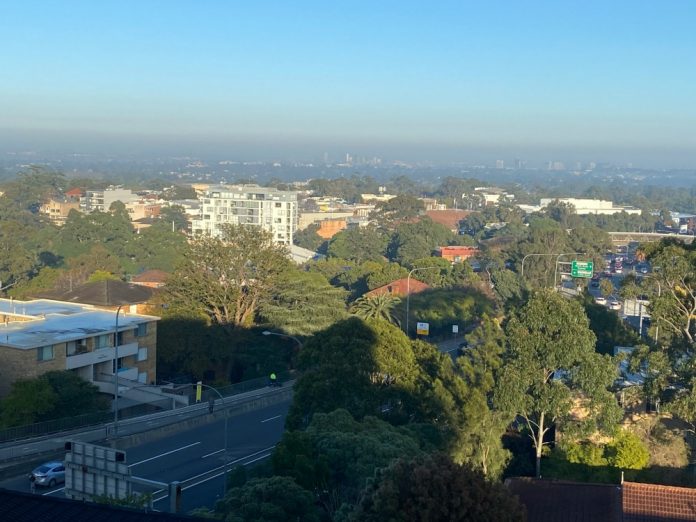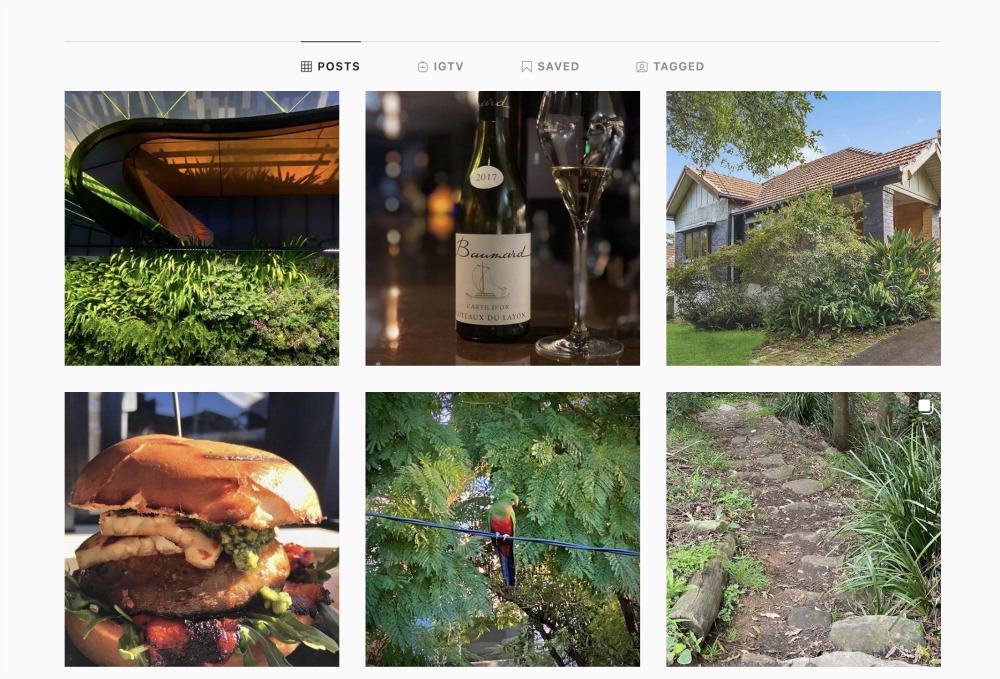Boarding houses have evolved and now there is a new generation of boarding houses. The State Government introduced the State Environmental Planning Policy (Affordable Rental Housing) 2009 (AHSEPP) with the aim of increasing the supply and diversity of affordable and social housing.
The three main components of the AHSEPP are:
- To allow boarding houses in a number of residential and mixed-use zones;
- To permit ‘secondary dwellings’ as a complying development category in residential zones; and
- To provide floor space bonus incentives where affordable units are included as part of residential flat building development.
Developers are keen to construct new generation boarding houses; as the space bonus increases floor space usually around 20%, over what is otherwise permitted for residential flat/unit developments.

In 2019 the City Futures Research Centre at the University of New South Wales conducted a survey of recent boarding house developments. The survey found that occupants of boarding houses were more aligned in profile to renters than those “traditional boarding house occupants on social housing waitlists”.
The researchers further found that recent boarding houses were “not a particularly affordable housing option” and were being developed as “micro-apartments” rather than an affordable housing solution.
In particular, they found:
“The survey suggests that these developments are not operating as lodgings. At the very least, this raises a question of compliance with development consent as a boarding house, which is defined in the standard Local Environmental Plan as “wholly or partly let in lodgings”. More broadly, self-contained apartment complexes do not meet the definition of a boarding house under Boarding House Act 2012 (NSW), so are not subject to operating regulations and inspection regimes to maintain fire safety, shared accommodation standards and at-risk occupant referrals to FACS”
Current Lane Cove Council Development Applications for Boarding Houses
There are four current boarding house applications (including one lodged on 21 July 2020).
382 Pacific Highway Lane Cove
The site is currently the home of 99 Bikes (who will continue to trade while the DA is being assessed).
The plan includes:
- 54 Single Rooms (all incl. ensuite & kitchenette;
- There will be a maximum of 95 boarders; and
- All existing structures will be demolished.
The Boarding House was approved by the Lane Cove Council by delegation on 13 November 2020.
47 Mindarie Street Lane Cove North
The proposed development is for the demolition of an existing dwelling house and construction of a six-storey Boarding House. The DA was considered by the Lane Cove Local Planning Panel. The panel refused the DA as not being compatible with the existing environmental character of the locality.
The matter was referred to the Land and Environment Court who gave the developer, the green light to construct the two next-generation boarding houses i. This means even more construction work around Lane Cove North (after an apartment block opposite Mowbray School was recently also given the go-ahead). Read more here.
51 Mindarie Street Lane Cove North
The proposed development is for the demolition of an existing dwelling house and construction of a six storey Boarding House. This application was also given the green light by the Land and Environment Court.
28 Longueville Road Lane Cove
A DA for a 44 Room Boarding House was lodged this week. Although it is located on Longueville Road many people refer to this stretch of road as Epping Road. The Lane Cove Planning Panel refused the DA on 13 grounds and stated:
“The Development Application should be refused because approval of the proposed development is not in the public interest pursuant to Section 4.15(d) and (e) of the EP & A Act 1979 having regard to the contentions raised above and 31 submissions received from surrounding residents raising concerns with the proposed development.”
The next step is for the Developer to lodge an appeal with the Land and Environment Court.
Our cover photo shows an aerial view of 28 Longueville Road.
Are boarding houses a solution to affordable housing?
There is no requirement to set boarding fees at an affordable rent and thus be truly classified as affordable housing. There are maximum tariffs set by Revenue NSW. If rates fall under this maximum amount, owners are exempt from paying land tax. If owners charge above the threshold, they are required to pay land tax.
But many boarding house rooms are being offered at sometimes double the price, as investors find it more lucrative to forgo the tax break so they can charge more.
It calls into question the effectiveness of state planning regulations that were designed to help low-income earners find affordable accommodation.
The Inner West Council tried to tackle the issue by imposing the following condition in one Boarding House DA that:
- the occupants of a boarding house would only be people with a household income equal or less than 120 per cent of the Median Equivalised Total Household Income (Weekly) for Ashfield, and
- the rent the boarding house operator will charge will not exceed 30% of that income.
The Inner West Council argued that imposing this condition would ensure that the proposed boarding house provided affordable housing intended by the AHSEPP.
The Court found in favour of the Developer and the condition was removed.
Shelter NSW commissioned a report on boarding houses titled Boarding houses in New South Wales: growth, change and implications for equitable density.
The report’s author interviewed one local government employee who stated:
“new generation boarding houses give [developers] an opportunity to do small apartments that otherwise they just could not do’, specifically because of the design guide for residential flat buildings prescribed by State Environmental Planning Policy 65.”
In 2017 the Sydney Morning Herald reported that several councils were not happy with the Boarding House planning laws. They quoted the Canada Bay Mayor who said developers “were trying to exploit the policy” for financial gain, and said the council had “limited capacity to refuse development applications” providing developers complied with the minimum standards prescribed by the policy.
The future of Boarding Houses in Lane Cove
Local councils are responsible for approving new boarding houses and enforcing safety and accommodation standards in existing boarding houses. They also have the power to fine operators if they are unregistered and order them to meet building, safety and accommodation standards.
At the July Lane Cove Council Meeting Mayor Pam Palmer tabled a mayoral minute recommending:
- Lane Cove Council conducts a review of the implementation of the SEPP in the Lane Cove LGA to identify any procedures which Council could adopt to make sure boarding houses are maintained to high standards; and
- The review is to include our community’s concerns, DCP controls, and Council’s regulatory powers.
It will be interesting to see the result of this review. Ar the Boarding Houses in Lane Cove affordable housing or micro apartments?
In the Cove Local News – Get in Every Wednesday!!
To make sure you don’t miss Lane Cove info sign up to our newsletter. It comes out every Wednesday at 7.30 pm and includes a wrap up of everything posted on our Facebook site in the previous week.
Did you know that In the Cove has an Instagram page? Yes, we do, and we feature pictures from our roving reporters and our ITC team that do not appear on our Facebook page. Follow us on @inthecove














